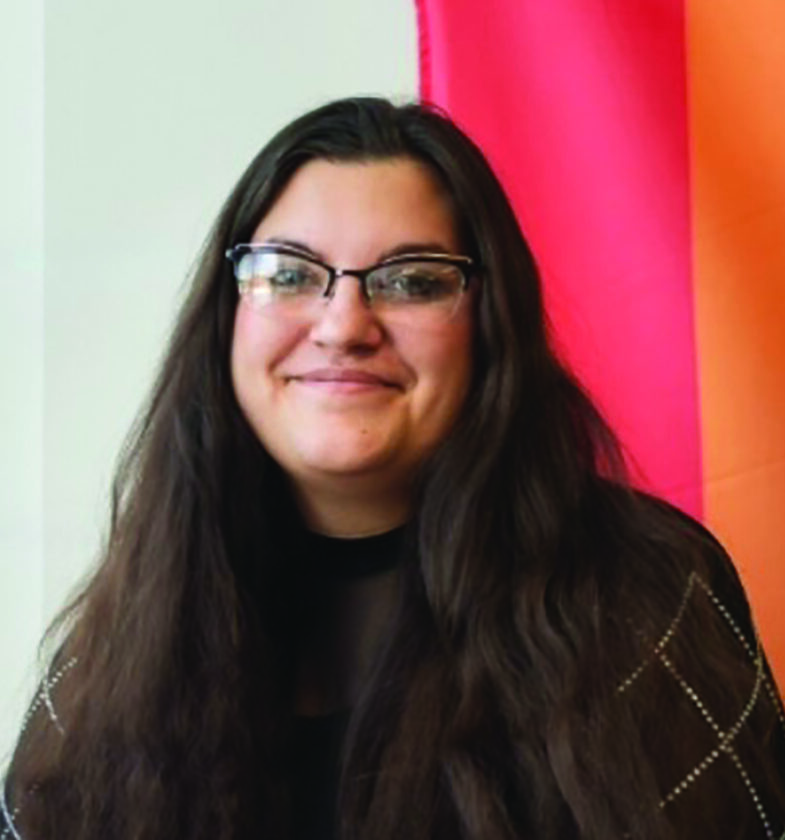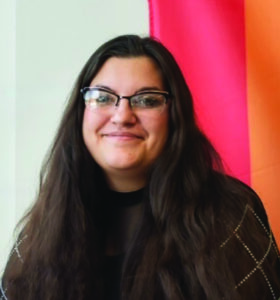But what do I know: Mary Stevens

As a 21-year-old woman who grew up in a Catholic family, I was bestowed with an interesting perspective on feminism and the place of women in our modern society. The Church’s traditional teaching on the role of women often conflicted with my mother’s fiery, determined personality. She and I have had many a conversation about Third Wave Feminism, which focuses on things such as more reproductive rights for women and accountability for men in crimes such as assault and harassment.
While I understand the importance of equality and making the voices of women heard, the main issue I take with modern feminism is its inward focus. Today’s feminist ideals focus on individual experiences, intersectionality, and inclusion of women that may have been excluded from previous feminist conversations.
While we in the West squabble over specifics, women and girls across the world still suffer the barbaric treatment we escaped decades ago.
In Afghanistan, the Taliban recently decided women only need one eye to function, with one leader claiming that the use or sight of both eyes leads to “corrupt behavior”. Along with the previously mandated full-body coverings, women and girls will now be required to wear a veil that covers one of their eyes. Females are also banned from speaking and singing in public, and could even be reprimanded if they are seen in the windows of their own homes.
While we in America seek to further cement new roles of women in our society, women and girls in the Middle East are being erased from theirs. How selfish is it for us to parade bare-chested in the streets when our kin are being beaten and brutalized for wanting to see the sun and stars with both eyes? We have become so self-absorbed in our mission to liberate ourselves that we’ve left some of the most vulnerable behind.
Many may scoff at the idea that American feminists should be working to help those in other countries. If this seems too great of an undertaking, perhaps we could address the thirty-four states that still allow for children to be married to grown men. Or maybe we could do something about the hundreds of thousands of children who are trafficked every year, the majority of which are girls, some as young as four years old. If neither of those are to taste, consider the fact that women and girls make up 71% of the modern slave population. Where is their liberation movement? Where are their marches in the street?
I greatly appreciate the work and efforts of women who came before me. It’s because of them I can have a bank account without a male relative’s permission, cast my vote in elections, and own property. But we must now take this motivation and inspiration past our borders.
It seems that through modern feminism we have freed ourselves not only from the unfair restrictions previously placed upon women in the United States, but also from feeling the need to do further work for those who still need us most.
But what do I know?






